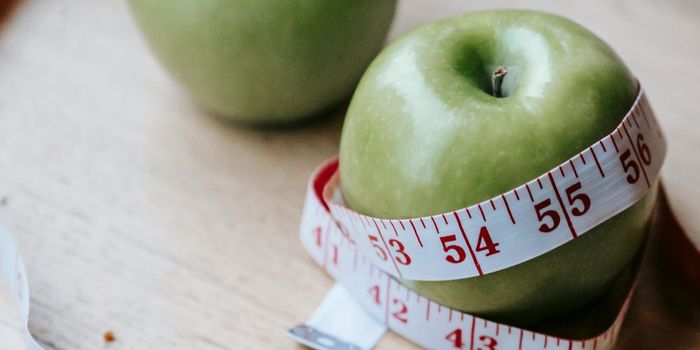Fixing Stem Cell Therapy for Heart Repair
Repairing the damage done by a heart attack has been of keen interest for decades. Some researchers think protecting the heart is best, while others focus on repairing the damage after the fact.
Bone marrow-derived cells (BMCs) are a common stem cell type used in many therapies. Preclinical research has shown that it is effective at repairing heart damage after a heart attack. Unfortunately, these observations did not translate well into clinical trials. A team from the University of California in San Francisco thought they might know why.
You see, the team noted that the BMCs used in the clinical trials were taken after the heart attack. A heart attack causes massive trauma to the body, which might have affected the BMCs. In the preclinical mouse studies, BMCs from healthy mice were always used. The team started a new study theorizing that BMCs post-heart attack are ineffective at repairing heart damage, compared to BMCs from a healthy donor.
A previous mouse study led the team to believe that BMCs were most impaired if collected within a week of a heart attack but should be back to normal by week three. This observation was seen again in this study but did not translate into human cells. Human BMCs taken three weeks after a heart attack were just as ineffective at repairing heart damage as those taken immediately after the heart attack.
The team decided to take a look at the composition of healthy versus post-heart attack BMCs. There was a clear change in cellular composition after a heart attack. Analysis of miRNAs, critical regulatory molecules that can act as biomarkers, showed a pro-inflammatory profile. As heart attacks induce an inflammatory response in bone marrow, the team postulated this could be the reason they are ineffective compared to healthy BMCs.
This study revealed that mouse and human BMCs do not recover at the same rate and that the impaired healing of post-heart attack BMCs is likely due to inflammation. Other studies have found that the change in cellular composition, specifically the loss of certain B-cells, limits the BMCs therapeutic effectiveness. This points to the need for future clinical trials to use healthy BMC donors, rather than using a patient’s BMCs when it comes to healing heart damage.
The study concludes, “conclusion, post-MI human BM MNCs lack the therapeutic benefit that healthy human MNCs bestow on post-MI mice, when harvested up to 3 weeks after MI. This may partially explain why BMC therapy clinical trials have been less successful than rodent studies.”
Sources: PLOS ONE, UW Medicine









